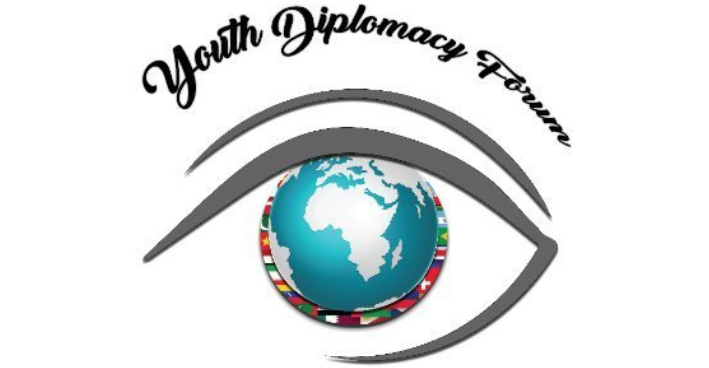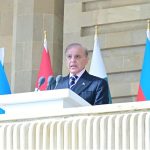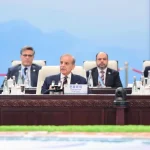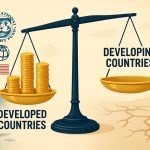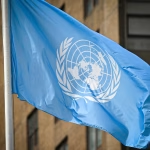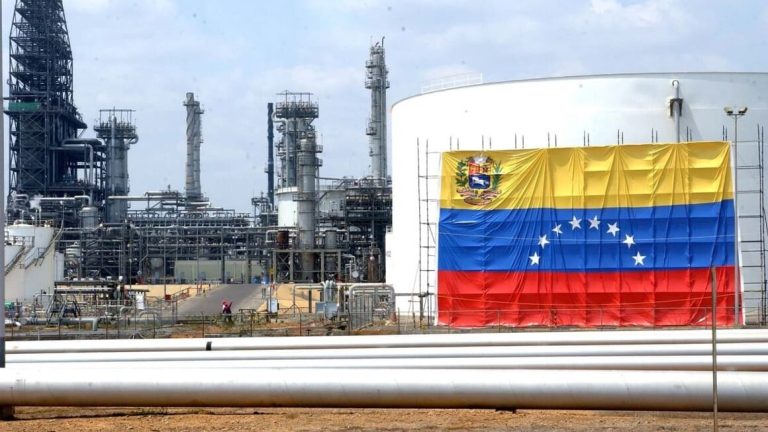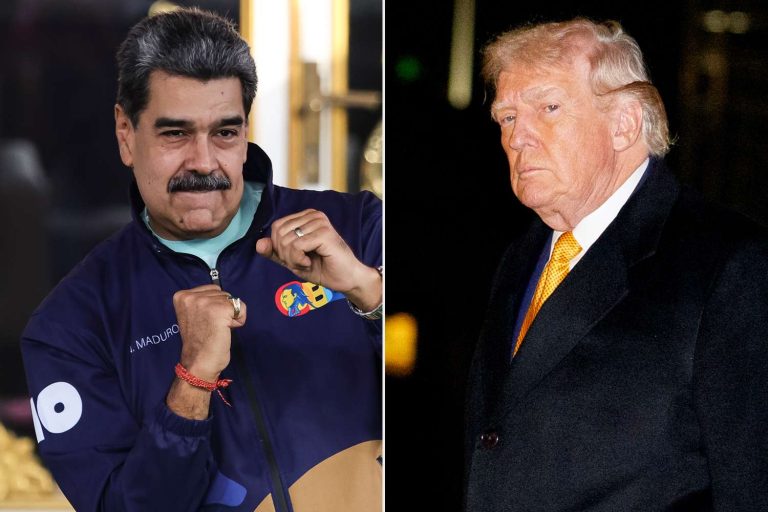On Saturday, thousands of demonstrators flocked to Abidjan, the city of Ivory Coast, to call for the return of Tidjane Thiam, the main opposition leader and former CEO of Credit Suisse, to the electoral list. Thiam was disqualified from the October presidential election.
In Abidjan, demonstrators gathered calmly in front of the independent electoral commission, which is in charge of overseeing the voting process, in spite of the intense rain.
Thiam and three other well-known opposition candidates were removed from the final list of presidential candidates by the electoral commission on June 4.
Thiam promised to challenge the court’s judgment earlier this year that he was unable to run due to his dual Ivorian-French nationality. Thiam, who was born in Ivory Coast, obtained French citizenship in 1987 but relinquished it in March.
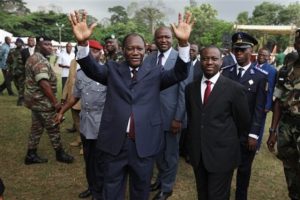
On Saturday, demonstrators carrying posters supporting the opposition leader, some of whom were dressed in green and white, the colors of Thiam’s Democratic Party of Ivory Coast, or PDCI, shouted “Corrupt justice” and “Thithi president.”
Beyond my personal situation, this is a movement to guarantee that democracy wins out in our nation. Thiam, who did not attend the demonstration, thanked the demonstrators in a Facebook video, saying, “I will soon be with you in Abidjan so we can continue this fight.”
Increasing dissension:
Senior PDCI representatives were permitted to deliver a letter requesting the reinstatement of excluded candidates on the electoral list inside the electoral commission premises.
After the meeting with commission members, PDCI Executive Secretary Sylvestre Emmou informed reporters, “We strongly denounce the arbitrary and unjust removal of President Thiam and other key opposition leaders from the electoral list.”
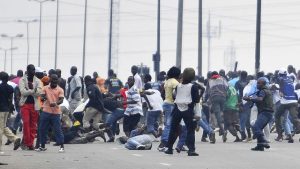
The omission of opposition candidates from the voter list and the expectation of a governing party convention later this month, where President Alassane Ouattara is anticipated to declare his candidacy for the October 25 election, have stoked anger in the West African country in recent weeks.
Ouattara is now in his third term in office, having taken over in 2011. He claims that because of a 2016 constitutional referendum, he is exempt from Ivory Coast’s two-term restriction on presidents.
Ouattara prevailed in a contentious election in 2020 that the opposition boycotted.
Ivory Coast, where a contentious vote more than ten years ago resulted in the deaths of over 3,000 people, has raised some concerns about post-election violence.
Source: Africa News
